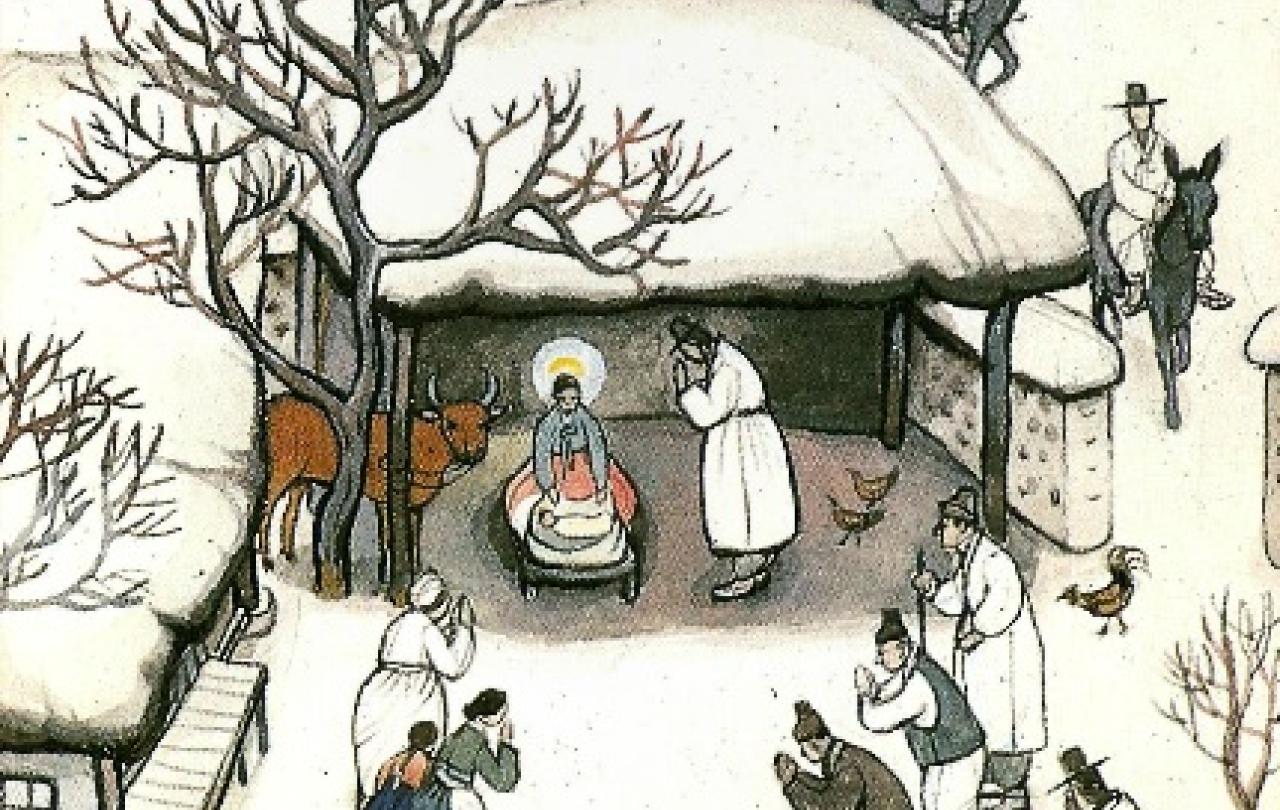
Last month, Wunderman Thompson published a new insight report called The age of re-enchantment. I was giddy to get into it, not least because Seen & Unseen has a podcast called 'Re-Enchanting' (which you should listen to by the way).
For the uninitiated, Wunderman Thompson is a 20,000 person-strong global advertising agency who literally invented the term ‘marketing’ back in 1961. With clients like Heinz Ketchup, Burger King, Bose, HSBC, KitKat and countless other ubiquitous brands, they are a culture-shaping juggernaut. They’re no joke.
Like all Wunderman reports, The age of re-enchantment is meticulously researched, beautifully presented, and written with finesse, coining terms left, right and centre like 'joy-deficit' and 'sensory techtopias'. It had me nodding along from the get-go.
'Re-enchantment is fulfilling a craving for feelings of wonder and awe, an appetite for joy and fun, and an openness to thrills and adventures'.
Yes.
The top two emotions that people want more of in their lives are ‘joy’ and ‘hope’.
Yes, yes!
'We live in a rational, explained world, and one in which we are harried and anxious, with little time to pause and pursue these sensations'.
Yes, yes, yes!
But then, as I read on, my warm glee turned into abject horror.
In the introduction of the report, Marie Stafford, the Global Director of Wunderman Thompson wrote:
'It’s time to remake the world through the lens of re-enchantment, where the new brand metrics are jaw drops, heart swells, and goosebumps. Brands can help people transcend tough times and jolt them from long-standing malaise by celebrating the thrilling and uplifting, the awe-inspiring, and the magical'
In other words, the market has recognised this profound existential hunger in culture at large, and will now try and extract capital value from you.
A couple months ago, I wrote a piece on the dangers of selling spirituality and wellness, and how it had become a $3.7 trillion dollar industry, warning that 'we can’t let our spiritual hunger be commodified for profit'. Well, get ready folks. Here comes the re-enchanting brands here to do just that.
The middle bulk of the report parades a line-up of case-studies that have leant into the ‘age of re-enchantment’.
Some brands, like Levi Strauss, were leaning into themes of mortality and death in the post-pandemic period, such as in the 2023 Campaign, 'Greatest Story Ever Worn: Legends never Die'. This ad dramatises the true story of a man who requested all his loved ones to wear Levi’s to his funeral.
The Greatest Story Ever Worn: Legends Never Die, 2023

Others were leaning into the desire for transcendence, trying to (legally) replicate spiritual and psychedelic experiences. Of note was a new VR experience called Isness-D developed to deliver a transcendent experience that replicates spiritual and near-death experiences. Apparently, this VR product has similar effects to a medium dose of LSD.
Product demonstration of Isness-D.

The report also recommended that brands tap into the ‘Joyconomy’. Yup, you read that right. That means ‘advocating for moments of joy, play and fun’ because that can be a ‘powerful strategy for brands to uplift and engage customers’. After all, 49 per cent of people say that they would be even more likely to purchase from a brand that brings them a sense of joy. In fact, the CEO of Daybreak, a fitness-and-dance company, even said that one of the core KPIs for her business is ‘tears of joy’. …
Look, I’m sure they mean well, but quite frankly, I don’t want to be part of a world where tears of joy(!) are considered key performance indicators for brands. Tears of joy are for weddings, reunions, or the end of a national war. Not a market transaction! Similarly, I find something bizarrely distasteful about a mortality-themed brand activation. ‘Yes, embrace your mortality and stare into the void, but don’t forget to buy our 501 Original Levi Denim.’ And I don’t know about you, but if I am going to seek out experiences of profound, spiritual transcendence, I’m sure as hell not going to do it in some VR-fake-LSD-hellscape-nightmare that I overpaid for.
There’s a profound irony in all of it. There is chunky section in the report about the rise of ‘New Spiritual Rebels’, the ever-growing community of people interested and practicing non-traditional religions like witchcraft and paganism. The report recognises that, wrapped up in this movement, there is a desire to 'break things down and build them up again in paths of inclusive post-capitalist… futures'.
How are brands meant to respond to that?! “Ah, yes”, nodded the advertiser. “Now, how do we bake that into our new Spring campaign for Airbnb? Maybe an authentic Wicca hut in Salem could be the hero ad?” It’s absurd.
This is blindingly obvious, but brands will be hopeless at addressing questions of mortality, transcendence, awe, serendipity, hope, joy, and meaning in a chaotic and anxious world. I love brands, but that’s above their pay-grade. Unfortunately, that won’t stop them from trying to commodify 're-enchantment' and extract capital value from it. No thank you.
The age of re-enchantment is real, and this report does a tremendous job at demonstrating it. But this piece of work is not, and shouldn’t be, for brands. It should be for community and religious leaders, and it should be for you. And so I will end this article in a similar vein to my last one.
If we are going to embark on this journey of re-enchanting our society with joy, spiritual depth, and existential meaning, we can’t let that hunger be commodified for profit. The re-enchantment of our hearts is too important for that. It is worth more, infinitely more, than 501 Originals.





